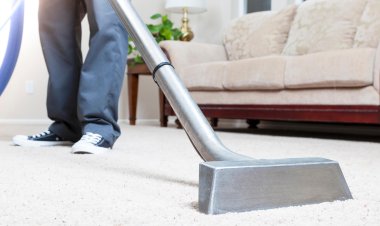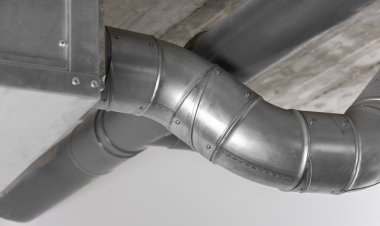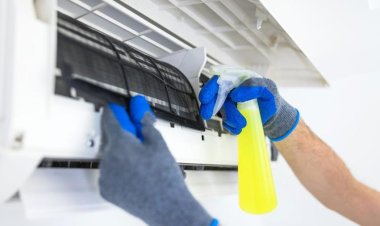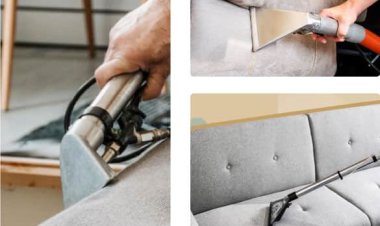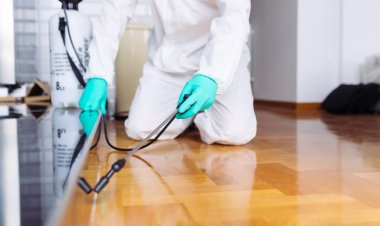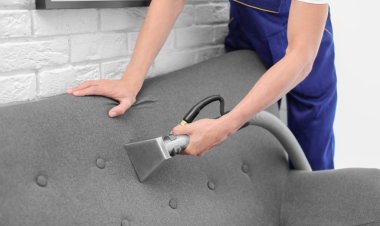The Role of Proper Sanitation in Pest Prevention
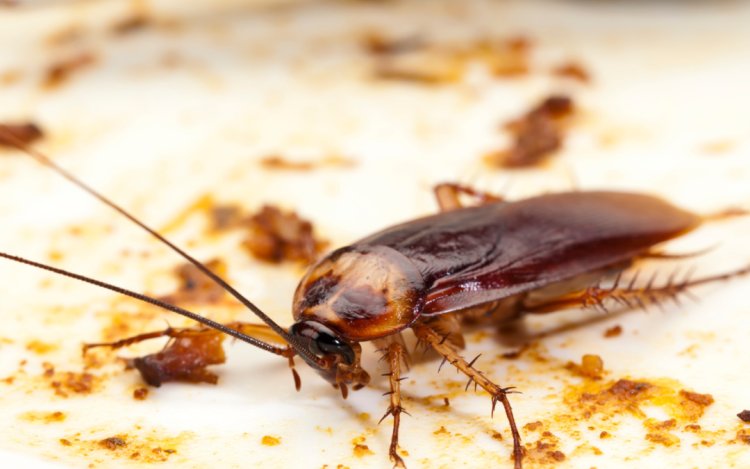
Introduction:
Pests, ranging from insects to rodents, are unwelcome visitors in our homes and businesses. They not only pose health risks but also cause damage to property and can be a significant nuisance. While many people turn to pesticides as the primary solution, one effective and eco-friendly approach to pest prevention is often overlooked: proper sanitation. In this blog, we will explore the vital role that cleanliness and good hygiene play in keeping pests at bay and creating a pest-free environment. However, you can also take benefits from Sydney pest control services. Learn these ideas and apply them to your property for a comfortable and pest-free life.
How Sanitation Helps In Pest Prevention?
Remove Food Sources:
One of the main reasons pests invade our living spaces is the abundance of food. Crumbs, spills, and food left in the open attract pests like ants, cockroach, and rodents. Proper sanitation entails promptly cleaning up spills, regularly sweeping and mopping floors, and storing food in airtight containers. Keeping a clean kitchen and dining area minimizes potential food sources for pests, making your home less appealing to them.
Eliminate Standing Water:
Stagnant water serves as a breeding ground for mosquitoes and other insects. Be diligent in identifying and eliminating any areas where water may accumulate, such as leaky faucets, clogged drains, or improperly managed rainwater. By keeping your living spaces dry and well-maintained, you can drastically reduce the likelihood of a mosquito infestation.
Regular Waste Management:
Unattended garbage and poorly managed waste are magnets for pests. Trash cans should have tight-fitting lids, and garbage should be disposed of regularly. Don't forget to clean the trash cans periodically to prevent lingering odors that might attract pests.
Maintain Yard and Garden:
Proper yard maintenance is crucial in preventing pests from infiltrating your home. Trim bushes and trees away from the house, and keep grass and vegetation well-groomed. Piles of leaves or debris can become hiding spots and breeding grounds for pests, so it's essential to keep your yard tidy.
Repair Structural Issues:
Pests can find their way into your home through even the tiniest cracks and gaps. Regularly inspect and seal any potential entry points, including gaps in doors and windows, cracks in walls, and openings around utility pipes. Properly sealed structures are not only energy-efficient but also act as a barrier against invading pests.
Pet Hygiene:
Our beloved pets can inadvertently attract pests into our homes. Regularly clean their food and water dishes, and dispose of uneaten pet food promptly. Additionally, grooming your pets regularly and treating them for fleas and ticks can help prevent infestations.
Regular Inspections:
Prevention is better than cure. Conduct regular inspections of your property to identify any signs of pest activity. Look for droppings, chew marks, nests, or other telltale signs. Early detection can help you address a potential pest problem before it escalates.
Conclusion:
Proper sanitation is an essential and often underestimated aspect of pest prevention. By maintaining cleanliness, eliminating food and water sources, and proactively addressing potential entry points, you can create an environment that is less attractive to pests. Not only does this approach minimize the need for harmful pesticides, but it also fosters a healthier and more sustainable living space for you, your family, and your pets. Remember, the key to effective pest prevention lies in consistency and attention to detail, ensuring that pests are kept at bay, and your home remains a sanctuary free from unwanted intruders.
Hire professionals for pest control guarantees expertise, safety, and lasting results, saving time and effort while ensuring a pest-free and comfortable living environment.
 drseervi
drseervi 







